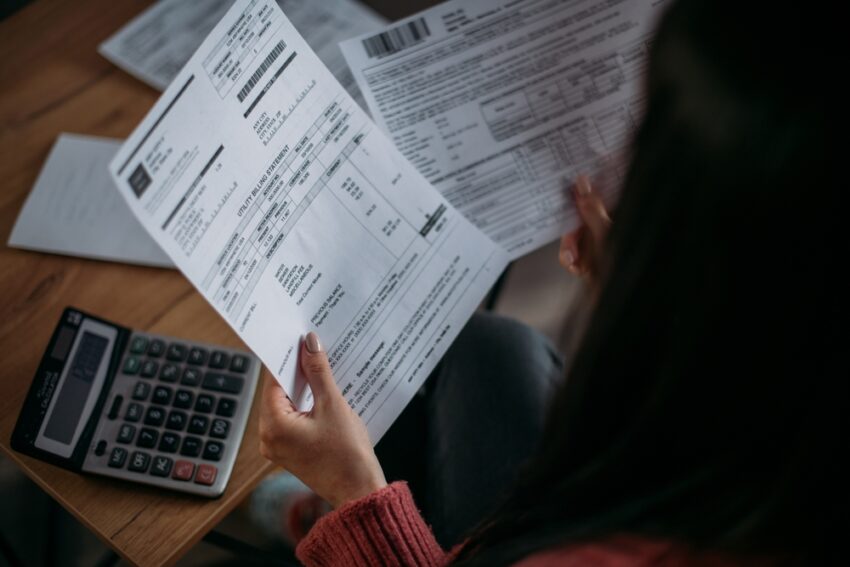Business
Energy bills will fall by £122 from July under new limit

From July, a typical household in England, Wales and Scotland will see a £122 reduction in their annual energy bill, thanks to the latest price cap set by regulator Ofgem.
This adjustment means that households using an average amount of gas and electricity will now pay around £1,568 per year, which is the lowest energy costs in two years.
The price cap, set quarterly by Ofgem, limits the maximum price per unit of gas and electricity suppliers can charge, rather than capping the total bill amount. Households that consume more energy will therefore still incur higher costs.
This change will affect the energy bills of 28 million households. However, it will not affect Northern Ireland, where energy regulation varies but prices are also falling.
Energy prices have reached their lowest levels since the start of the conflict in Ukraine in February 2022. Despite this reduction, current bills remain significantly higher than pre-pandemic levels, with an average increase of £400 compared to three years ago. In addition, consumers have built up an estimated £3 billion in debt to suppliers during the period of high prices.
“The fall in the energy price cap will reduce bills somewhat,” said Dame Clare Moriarty, Chief Executive of Citizens Advice. “But our data tells us that millions of people have fallen into the red or are unable to cover their essential costs every month.”
Analysts at Cornwall Insight warn that recent increases in wholesale prices could lead to higher energy bills as winter approaches.
Impact on different payment methods
Households using prepayment meters, which tend to top up more during the colder months, will be less directly affected by the summer price drop. Conversely, the majority of households paying by direct debit will have their payments adjusted to the new limit, with suppliers providing updated payment information shortly.
Customers who pay by direct debit can expect their payments to be averaged over the year, based on past and expected future usage. They are encouraged to discuss any concerns or discrepancies with their energy suppliers.
Broader economic implications
The reduction in energy bills has already helped push inflation down to the lowest level in almost three years. Further falls could continue to impact inflation and could lead to the Bank of England considering cutting rates.
Ofgem is also asking for feedback on the methodology used to calculate the price cap, including possible revisions to fixed charges, which cover the fixed costs of maintaining energy supply connections and which have risen significantly in some regions.
As the new cap takes effect, households can look forward to some financial relief amid the ongoing economic challenges.











